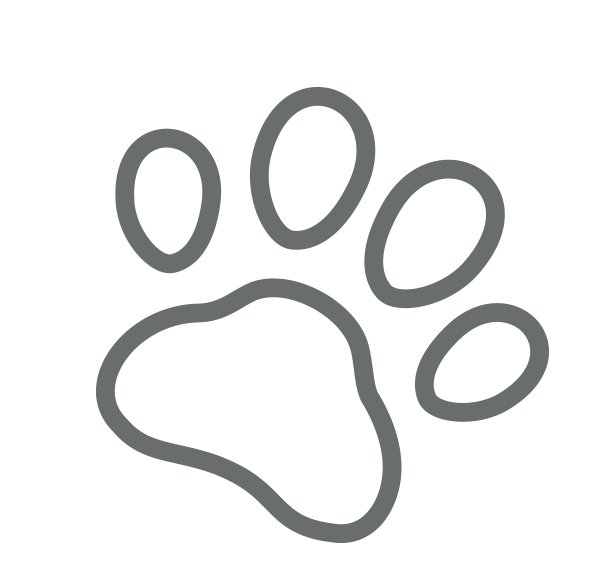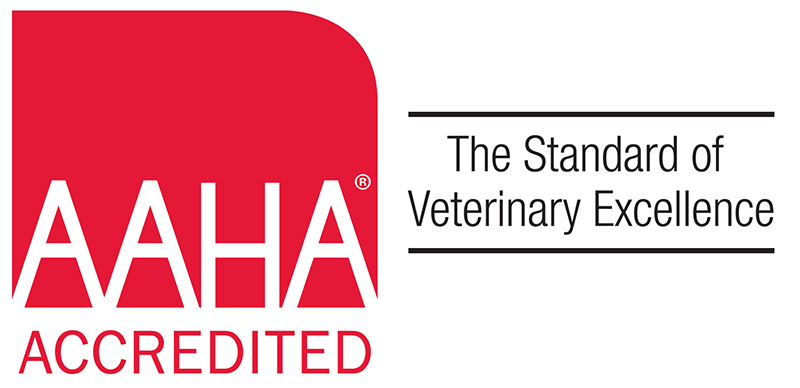One of the most important health decisions you can make for your canine and feline friends is to spay and neuter them. Spaying and neutering an animal involves surgically removing its reproductive organs, which can result in a range of benefits for the animal and the owner. These procedures can decrease or even eliminate the chances of a pet developing certain health and behavioral issues. They also help reduce the number of unwanted pets down the road, some of which may end up being euthanized.
At Triangle Animal Clinic, we offer spay and neuter services to protect your dog or cat. Give us a call or book your appointment below.
Benefits of Spaying Your Pet
By having your female dog or cat spayed before their first heat cycle, you can:
- Prevent uterine infections.
- Decrease the risk of breast tumors.
- Prevent future heat cycles.
AAHA recommends spaying cats at around 5 months of age. For small dogs (under 45 pounds), the recommendation is around 5-6 months (before the first heat cycle). For large breeds (45+ pounds), Dr. Rainier can provide the age recommendation, as it depends on their lifestyle and risk of disease, but it’s usually between 5 and 15 months.
Benefits of Neutering Your Pet
By having your male dog or cat neutered, you can:
- Prevent testicular cancer and certain prostate problems.
- Decrease the likelihood that your dog will roam from home.
- Reduce or even eliminate aggressive behaviors.
- Reduce or eliminate marking behaviors.
Just as with spaying, AAHA recommends neutering your cat when they’re about 5 months old. Small dogs (under 45 pounds) should be neutered at 6 months, and large dogs (45+ pounds) should be neutered between 9 and 15 months.
What to Expect Before and After Surgery
Before bringing your pet in to be spayed or neutered, we ask that you withhold food and water after midnight on the night before surgery; eating or drinking before surgery may lead to nausea during the anesthesia process.
After the surgery is complete, and your pet is back at home with you, feed them only small amounts of food and water. However, keep in mind that they may not have an appetite, which is a normal side effect of the anesthesia. Keep an eye on the incision site daily. Make sure your pet doesn’t can’t access it to lick it. If you notice any redness or swelling, or you have other concerns, give us a call!




